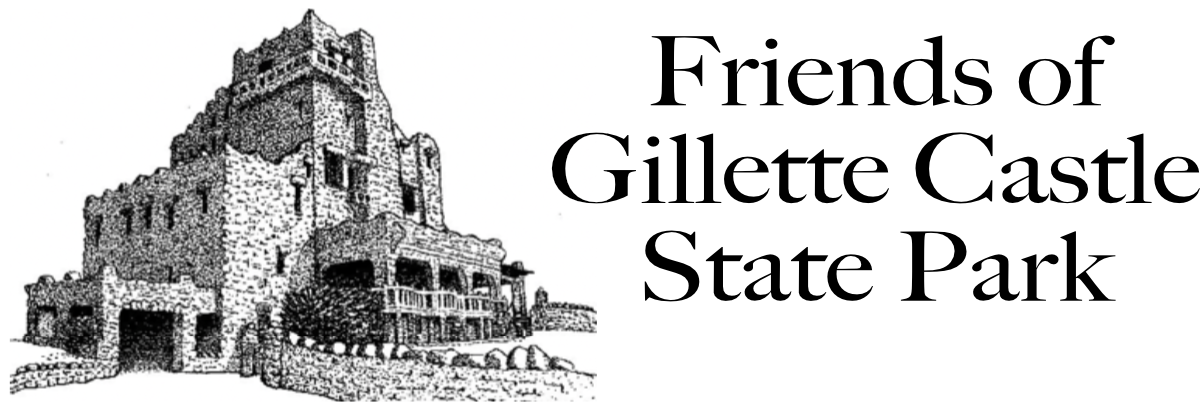Yukitaka Osaki
William Gillette’s right-hand man, and a fascinating character in his own right
Portrait of Yukitaka Osaki, artist unknown
Yukitaka Osaki, who is believed to have been born in 1865 in the village of Matano, District of Tsukui, Province of Sagami, Japan, was one of three sons in a politically active Japanese family. In 1888, Yukitaka and his elder brother, Yukio, first arrived the United States. Yukio eventually travelled to Europe and then returned to Japan to enter a career in national politics. As Mayor of Tokyo, he facilitated giving the famous Japanese cherry trees to Washington, DC in 1912. He is widely revered in Japan and is considered the “Father of the Japanese Constitution”. Yukitaka stayed in the U.S. and became involved with the theater community in New York City. He attended Oberlin Academy, the preparatory school for Oberlin College in Ohio, from 1894-1895. Yukitaka studied philosophy and oratory but did not graduate.
Around 1896 or 1897, William Gillette hired Osaki to work as a cabin boy on his houseboat, “The Holy Terror”. In 1898, Gillette commissioned a new boat, the “Aunt Polly,” reputably to honor Polly Caruthers, an elderly “mountain woman” he’d met while residing in Tryon, North Carolina. It was launched in 1900 and expanded in 1901. Gillette brought Osaki onboard to continue his work for Gillette on the new vessel. Osaki subsequently became Gillette's valet and stage dresser, an indispensable assistant on the future Gillette estate and a personal confidante to Gillette himself.
Gillette lived on the luxurious houseboat for the next 18 years, while also spending time at his family home in Hartford and his cabin in Tryon. In 1908, Gillette began buying hilltop land overlooking the Connecticut River as the site of his future retirement home. After several transactions through 1931, Gillette's Seventh Sister estate amounted to 122 acres. As Gillette’s new home was being built from 1914 to 1919, Osaki acted as a clerk, making certain work was being accomplished according to Gillette’s meticulous plans. Gillette gave Osaki his own home near the landing, making Osaki, arguably, one of the earliest permanent Japanese residents of Connecticut.
Osaki occupied the home for the rest of his life, maintaining a beautiful garden there as well as livestock. He served as a gardener and a mail-carrier for Gillette, riding his donkey around town conducting errands. Osaki enjoyed a half-hour’s visit with Gillette each night to discuss business of the estate as well as world events. He was well known around Hadlyme and was close to many of his neighbors, including the Hamilton sisters who lived in the yellow house across the road.
William Gillette passed away in April 1937. In his will, he gave lifetime use of the cottage and riverfront property to Osaki. When World War II broke out, Osaki was shocked by the destruction caused by the Japanese at Pearl Harbor. Some neighbors were concerned. Allen Gates, a local minister, wrote letters to the editor of the Hartford Courant about his plight. When they sent a reporter to interview Osaki, Alice Hamilton intercepted him and convinced the reporter not to publish a story that would bring attention to Osaki. One day, an FBI agent visited the area for a routine investigation of Osaki. He first met with the Hamilton sisters. Alice escorted the agent to Osaki’s house and stood outside during the interview. The agent recognized that Osaki was proud of his adopted home country. He was immediately cleared of any suspected threat to the country.
Osaki's health began to fail in 1941. On Sept. 29, 1942, Gillette’s half-brother-in-law Hall Cowan found Osaki’s body in his home. A funeral service was held in the Hamilton’s house. Osaki is buried in Cove Cemetery at Hadlyme, Connecticut.
HISTORICAL PHOTOGRAPHS
Cherry Trees
Of interest to historians is that, in 1912, Osaki’s brother Yukio Osaki — a parliamentarian and then mayor of Tokyo — made a gift of Japanese cherry trees to the city of Washington, D.C., to enhance the growing friendship between the two countries.
The city’s modern annual National Cherry Blossom Festival continues to this day to commemorate the event, and in 2020 the Connecticut-based Japan Society of Greater Hartford planted several cherry trees on the Gillette estate to honor this international connection.
ADDITIONAL RESOURCES AND INFORMATION
Yukitaka Osaki: William Gillette's Right Hand Man
In a series of YouTube videos published by the Friends of Gillette Castle, Paul Schiller shares his knowledge and insight about the Castle, grounds and history.
The East Haddam Stage Company produced a traveling play based on Osaki’s life, Osaki-san, William Gillette’s Gentleman Valet, now available for bookings.
Find a Grave: This site includes information about the gravesite of Yukitaka Osaki.













